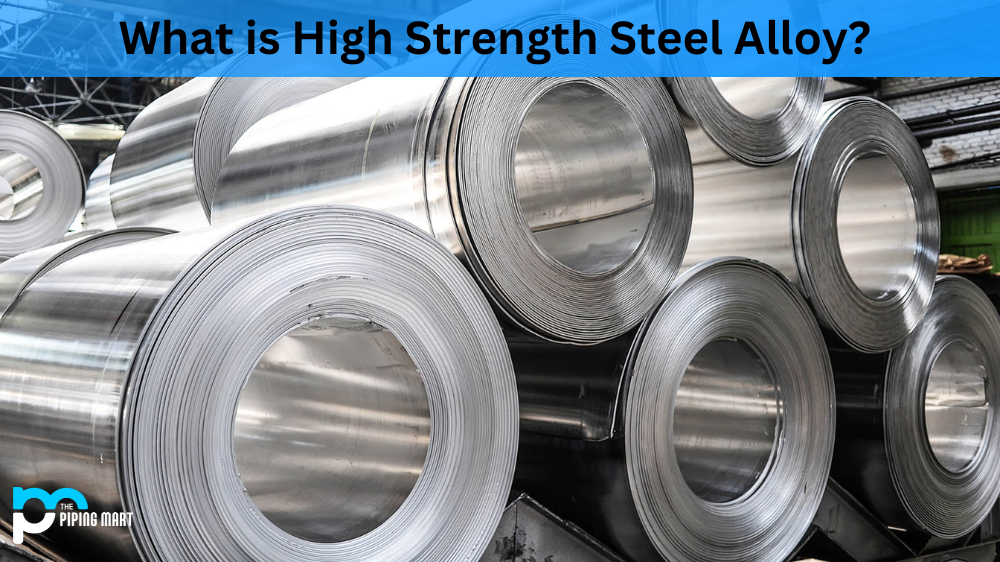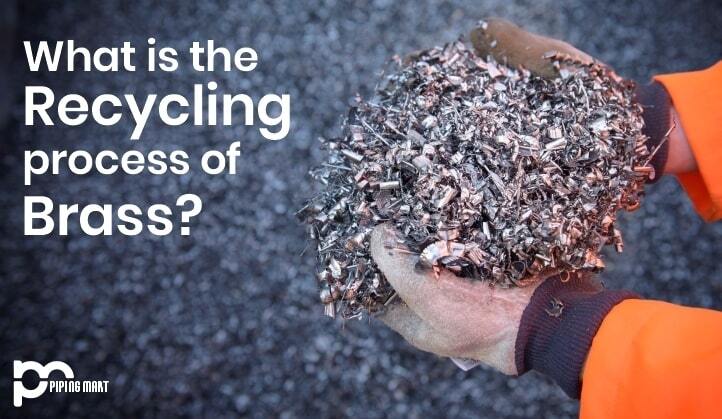When it comes to metalworking, there are many options for materials. Two of the most popular materials are brass and copper. Both brass and copper have advantages, but which one is more cost-effective? Let’s look at the differences between these two metals to determine the best option for your next project.
Basics of Brass and Copper
Brass is an alloy of copper and zinc, while copper is a naturally occurring metal. This means brass is typically cheaper than pure copper, as it comprises fewer components. However, this doesn’t necessarily mean that brass will always be the less expensive option; it depends on how much zinc you add to your alloy when creating brass. The more zinc you add, the more expensive your brass will be.
Cost Comparison
When it comes down to comparing the cost of brass vs. copper, it depends on what kind of project you are undertaking and what type of metal you need for that particular job. If you need a hard metal that can withstand high temperatures or heavy wear and tear, pure copper is your best bet since it is stronger than brass. On the other hand, if you need something lighter in weight or more malleable for intricate detail work, brass is your best choice since it contains less zinc than pure copper. As far as price goes, both metals are usually priced according to weight, so if you are looking for something inexpensive per ounce, then brass may be a good option due to its lower zinc content.
Regarding availability, both metals should generally be easy to find at most hardware stores or online retailers; however, because they are heavier metals, they may also require additional shipping costs if purchased online. Additionally, some stores do not carry certain alloys, so it’s essential to check with them before making any purchases just in case they still need to get what you’re looking for in stock already.
Conclusion:
Making an informed decision between buying brass vs. copper comes down to considering what kind of project you are planning on and what type of material will give your project longevity without breaking your budget. Brass can offer better value per ounce due to its lower zinc content, but purer forms of copper may be necessary depending on usage requirements like strength or heat resistance requirements. It’s also important to consider availability when making decisions; make sure whatever store or seller you plan on purchasing from has exactly what you’re looking for in stock before committing! Overall, understanding the pros and cons between these two metals can help ensure that whatever material choice you make will provide long-lasting quality results without costing an arm and a leg!
Sakshee is a talented blogger, with a particular focus on the Business and Metal Industry. She is passionate about sharing her insights on various metal products and helping professionals to make a better decisions.




